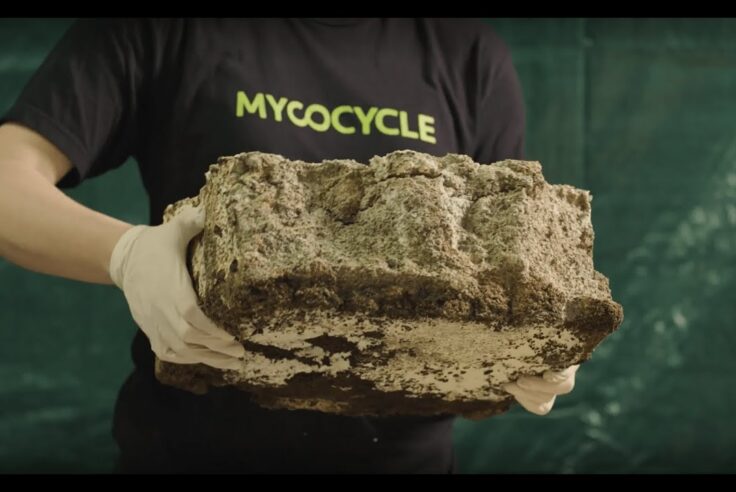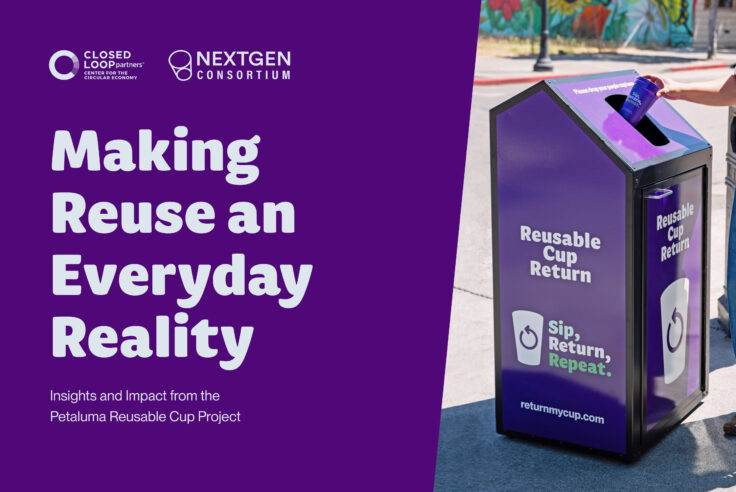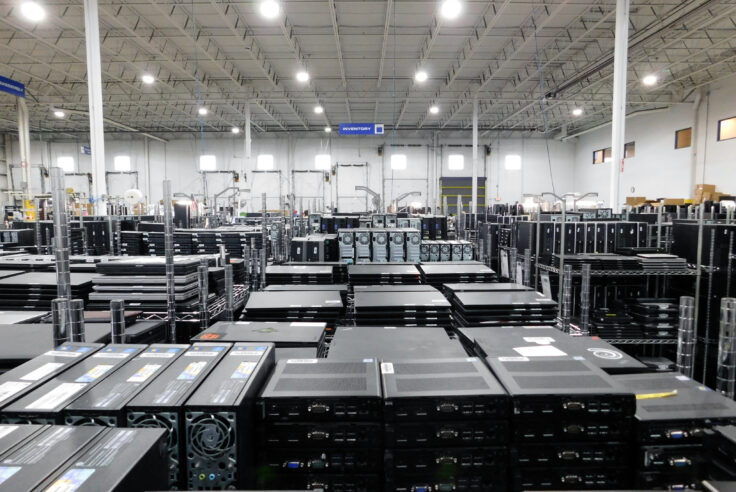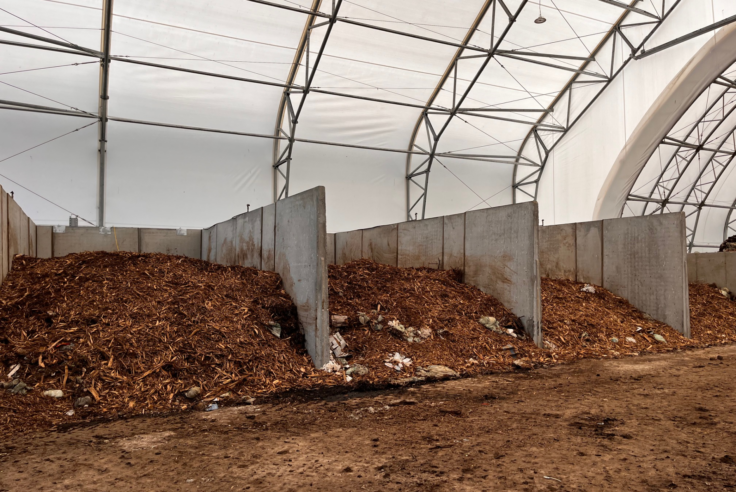The Latest Insights and Analysis from Chris Cui, Director of Asia Programs

The revision of China’s Solid Waste Management and Pollution Prevention Law could have far reaching impact on brands and recyclers.
A proposed revision to the Solid Waste Management and Pollution Prevention Law in China could affect the operations of brands and recyclers. The revised law entered the review phase at the 13th National Congress on June 25, 2019 and is now seeking public opinion. Below are some key implications of the clauses:
Impact on the packaging industry
Clause 2.13: Companies that produce, use, and store solid waste (SW) should publish their waste management information. Publicly listed companies must also publish their preventive measures against SW pollution.
This represents a significant departure from current protocol. Increased transparency and mandatory reporting requirements for public companies will incentivize companies to invest in SW prevention, potentially providing reputational rewards to those best-in-class. This kind of impact oriented investment fits nicely with the growing interest in ESG investing in China.
Clause 3.20: Producers of SW must pay Environmental Protection Tax.
This would add a new expense for manufacturers that could be passed onto consumers too. The commercial real estate sector in China recently had to adjust to the introduction of this, where previously they did not have to worry about their waste management expenses.
Clause 3.21: The design and production of packaging must follow green production standards that will be set up by the State Market Regulation to reduce waste generation. Producers of materials that fall under mandatory recycling categories must be responsible for the recycling of their materials. The list of mandatory recycling materials will be produced by NDRC (National Development and Reform Committee).
Clause 3.22: The government will encourage R&D institutes and producers to develop and use materials that can be easily recycled, safely stored, and that can decompose in a natural environment. Packaging materials that can’t be easily composted will be banned.
Clause 3.21 and 3.22: It’s encouraging to see that the government is not only promoting recycling, but also the reduction of waste through circular design and materials innovation. This will force brands to adopt circular packaging principles, so there will be a lot of room for innovation in eco-friendly packaging.
Clause 3.42: There will be EPR for electric appliances and other products.
Since 2018, this kind of EPR has been in effect for electric vehicle manufacturers, requiring better lifecycle management across the value chain – from product design and consumption to the recycling and waste management related to electronic vehicles at end-of-use.
Impact on the recycling industry:
Clause 3.28: Permits must be required for the transportation of SW across cities.
Demand for distributed, modular recycling units will grow so that waste can be processed more locally. The need for smart logistics will grow in tandem to optimize for more efficient transportation routes, among other things.
Clause 3.29: There should be a complete solid waste import ban by 2020.
While there has been a lot of speculation in the U.S. regarding whether or not China will implement a total waste import ban by late 2020, as declared in 2017, it is clear that the Chinese government plans to move ahead with this.
Clause 3.57: There will be differential charging schemes for residential waste.
The mandatory sorting of residential waste was introduced in certain pilot cities in China on July 1, 2019. In a district in Shanghai, it now costs $17 USD to dispose of 120 liters of food waste. You can read more about this on our blog on Recycling Rises to Power in China.
Although we do not know how likely it is that all of the proposed revisions will pass or when, the fact that there are so many proposed changes to the current law, which came into force in 1995, and that they’ve gone all the way to the desk of the National Congress, is a signal that waste management is a high priority for the central government. By reviewing the proposed changes, companies in China and abroad can better prepare for what’s coming down the line.
Unlike Europe, where the circular economy is championed by investors, the government, and consumers, in China it’s the government taking the driver’s seat. The proposed revisions to the law illustrate the steps the government is willing to take to develop the circular economy in China. In turn, industries are taking note and are seizing the subsequent business opportunities.
I would encourage brands that consider China as one of their key markets to give serious thought on how they can create a circular advantage to meet the growing demand for sustainable products in China before their competitors do. This will be critical in a context where a country is implementing increasingly strict solid waste management laws.
The reform on plastic pollution in China, the next big thing after National Sword?
At the 10th meeting of the Central Committee for Deepening Overall Reform on September 9th, chaired by the Chinese President, plastic waste reform was listed as a key issue. The following was cited:
“Actively responding to plastic pollution by restricting the production, sale, and use of some plastic products, actively promoting recyclable and biodegradable substitute products, and regulating plastic waste.”
We are still waiting for a detailed reform plan, but this is another huge boost for the development of a circular economy in China, supported by the government. Brands and recyclers in China and overseas should start to prepare for the changes brought by a reform like this.
The Key Takeaways from Fortune’s First Global Sustainability Forum:
This September, in Yunnan, China, I attended Fortune’s first Global Sustainability Forum, speaking on a panel on Waste Not. The Forum dived deep into the business opportunities and challenges that arise from the transition from a linear to circular economy, highlighting the following key points:
- There are three key driving forces behind circularity: increasing shareholder activism and interest in public companies’ ESG commitments; public awareness among consumers on the environmental footprint of products and services; and growing regulation in Europe and Asia to tackle waste issues, especially plastic pollution.
- Finance is slowly but surely reckoning with the economic risks posed by climate change and other environmental threats. ICBC, the world’s largest bank by assets, ran a stress test in 2015 and, we learned, issues higher interest loans to firms that are over-exposed to environmental hazards. The stress tests began in 2015, and have changed the way Chinese banks look at the businesses they fund, now reducing their exposure to coal projects and increasing their exposure to renewable energy.
- Building sustainable supply chains is challenging due to limited transparency around data, a lack of focused financing, and water and waste management typically being too cheap to account for negative externalities. Labor specific issues also often take precedence.
Related posts

Press Release
Closed Loop Partners and U.S. Plastics Pact Identify...
Packaging types primed for reuse lay the groundwork...

Blog Post
Why We Invested in Mycocycle: Nature-Inspired Circular...
Closed Loop Partners’ Ventures Group saw a key opportunity...

Press Release
Groundbreaking Results From Citywide Petaluma Reuse...
The Petaluma Reusable Cup Project from the NextGen...

Press Release
Closed Loop Partners’ Portfolio Company, Sage Sustainable...
The bolt-on acquisition scales Sage’s end-to-end...

Press Release
Closed Loop Partners Unveils Groundbreaking Findings...
Closed Loop Partners’ Center for the Circular Economy...

Press Release
Capricorn Investment Group Backs Closed Loop Partners...
The partnership signals tailwinds behind the circular...

Blog Post
8 Tips to Navigate Life Cycle Assessments for Circular...
Closed Loop Partners’ Center for the Circular Economy...

Press Release
Closed Loop Partners Leads $4M Seed Round for LAIIER,...
Investment in the innovative liquid leak detection...

Blog Post
The Key to a Strong Local Economy? It Must Be Circular.
4 ways the circular economy unlocks local value.

Blog Post
Why More Composters Are Recovering Food Scraps and...
Black Earth Compost and Glacial Ridge Composting Facility...

Blog Post
Scaling Circular Solutions: Why Access to the Right...
A case study on the growth of Minus Works, a company...

Blog Post
Making Circularity Stick: Electronics
A conversation with Rob Lawson-Shanks, CEO of Molg...
